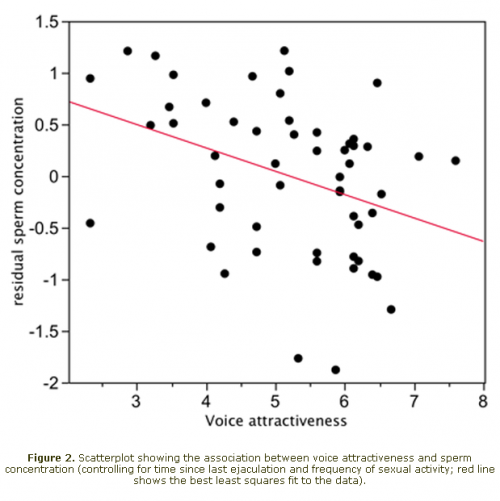 A crazy character named Andrew Hales, a student at Utah Valley University, has put up a series of You Tube videos in which he — knowingly or not — does a classic Sociology 101 experiment called “norm breaching”: break a simple social rule and see how people react to you. I’ll put my favorite first, but they’re all worth a chuckle:
A crazy character named Andrew Hales, a student at Utah Valley University, has put up a series of You Tube videos in which he — knowingly or not — does a classic Sociology 101 experiment called “norm breaching”: break a simple social rule and see how people react to you. I’ll put my favorite first, but they’re all worth a chuckle:
Holding the door open for people that are (too) far away:
Walk (too) close to people and get in their way:
Staring at people:
Some of his transgressions are more out there than others, but these experiments show how uncomfortable others can be made by even mild norm breaking.
Lisa Wade, PhD is an Associate Professor at Tulane University. She is the author of American Hookup, a book about college sexual culture; a textbook about gender; and a forthcoming introductory text: Terrible Magnificent Sociology. You can follow her on Twitter and Instagram.






